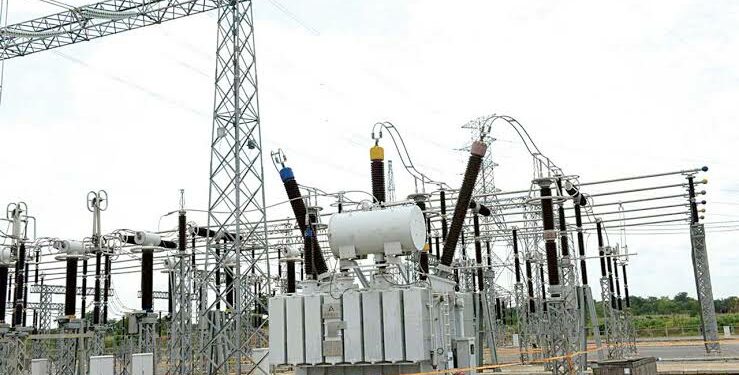The Forum of Commissioners of Power and Energy has expressed concerns about the proposed Electricity Act (Amendment) Bill, 2025, and submitted that it would create a constitutional conflict between the Federal Government and the states.
The forum equally said that as electricity consumers are still battling with various bands and their financial implications, the bill, if passed, would add to consumers’ financial burdens.
In a statement issued by the Chairman and Secretary of the forum, Eka Williams and Omale Omale, respectively, it was stated that the amendment bill, if passed, will further exacerbate the financial burden on the Federal Government and states, undermining efforts to achieve a sustainable and self-financing power sector.
The forum in the statement made available to journalists in Makurdi on Thursday said the bill, if passed into law, would also increase the financial burden on electricity customers and create regulatory conflicts and risks.
The forum further expressed concerns that the bill is capable of undermining the exclusive constitutional jurisdiction of states over electricity distribution within their territories. According to the forum, the amendment bill was capable of undermining transformational progress in the power sector.
They said, “The amendment bill, if passed, will create a constitutional conflict between the Federal Government and states, as well as legal and regulatory conflicts between federal and state regulators, undermining the principle of cooperative federalism and potentially inviting judicial challenges
“The amendment bill, if passed, will further exacerbate the financial burden on the federal government and states, undermining efforts to achieve a sustainable and self-financing power sector.
“The imposition of additional financial burden on electricity customers already struggling with high electricity tariffs for Band A service is unacceptable, especially when states are actively pursuing cost-reflective tariffs tied to improved quality of service. In addition, the bill specifies mandatory contributions from consumers and market participants to fund the Power Consumer Assistance Fund.
“The amendment bill threatens to dismantle the progress and positive reforms initiated by the Electricity Act 2023, which has been widely hailed as a pivotal step towards a more reliable and efficient power sector. This untimely amendment risks undermining President Bola Tinubu’s key policy achievements in the energy sector.”
Subsidy scheme
An analysis of the bill showed that the National Assembly proposed an amendment to the Electricity Act to establish a Power Consumer Assistance Fund aimed at subsidising electricity supply to vulnerable Nigerians.
The fund, which will be administered by the Nigerian Electricity Regulatory Commission, targets unserved, underserved, and underprivileged households, as well as key social service institutions such as public hospitals, schools, orphanages, water facilities, and correctional centres.
According to the proposed amendment, the PCAF will be financed through a mix of sources, including contributions from higher-end electricity users, specifically designated classes of prepaid and postpaid consumers, as well as eligible customers. The law mandates that the contribution rates for consumers will be determined by NERC, signaling the possibility of a new surcharge or levy on certain electricity bills.
The fund aims to promote social inclusion and bridge the electricity access gap, but the law clearly states that the subsidy must not be used to encourage indiscriminate energy consumption. Instead, it is intended to uplift socio-economically disadvantaged groups and incentivize energy-efficient practices among beneficiaries.
The amendment also seeks to restructure the funding framework for the Niger-Delta Hydro-Electric Power Producing Areas Development Commission. Under the amended section, the Federal Government will credit N-HYPPADEC with 10 per cent of the total concession fees paid by private investors to the Federal Government through the Bureau of Public Enterprises from the leasing of hydroelectric power assets.
The commission is expected to receive five per cent of geological funds from its member states, alongside proceeds from the concessioning of hydro dams, royalties, and other asset-related revenues. The amended law also mandates that gifts, grants, loans, and Federal Government budgetary allocations be channeled into the N-HYPPADEC fund.
The proposed amendment is part of the Federal Government’s broader efforts to decentralize power regulation, expand access, and attract investment into underserved regions, especially following the constitutional devolution of power oversight to sub-national levels.
NERC will conduct nationwide enumeration and verification of potential beneficiaries ahead of the regulation’s rollout, with strict criteria for eligibility. The amendment forms part of the government’s shift from blanket electricity subsidies to a targeted assistance approach, amid rising energy costs and growing calls for energy equity.















